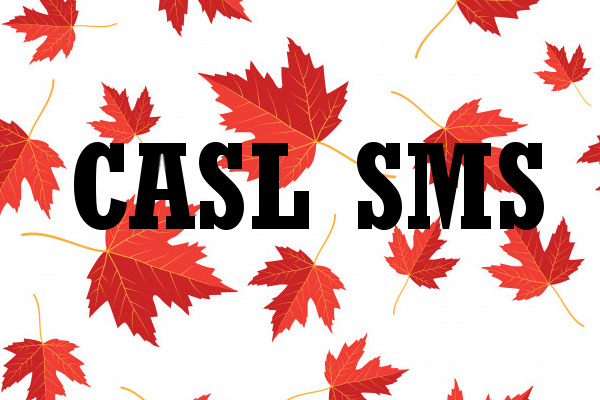Today the CRTC announced the first short message service (SMS) violation under Canada’s Anti-Spam Legislation (CASL). 514-BILLETS, a Quebec-based company operating as a marketplace for sporting and cultural events entered an undertaking with the CRTC after allegedly violating the law by sending SMS communications without proper identification, without the consent of the recipients and without contact information of the sender.
As a result of the CRTC’s investigation into these practices, 514-BILLETS agreed to offer $75,000 in $10 rebate coupons to their clients and an additional $25,000 to the Receiver General of Canada, for a grand total of $100,000 in penalties. 514-BILLETS also agreed to review their practices, build a proper compliance program and appoint an individual to manage compliance going forward.
“Today’s announcement demonstrates our comprehensive approach to reduce unsolicited communications sent to Canadians, whether via email or text message,” said Steven Harroun, CRTC Chief Compliance and Enforcement Officer. “For the first time under Canada’s anti-spam legislation, the 514-BILLETS investigation concerned text messages. Companies that promote their products and services need to comply with the CASL, which applies to any form of commercial electronic message.”
Operating within the limitations of CASL can be challenging for SMS marketers as the character limitations of SMS do not leave many extra characters for identification and opt-out language to be included in each message. However, remember the CRTC stated in Telecom Regulatory Policy CRTC 2012-183 “If it is not practicable to include the information referred to in subsection (1) and the unsubscribe mechanism referred to in paragraph 6(2)(c) of the Act in a commercial electronic message, that information may be posted on a page on the World Wide Web that is readily accessible by the person to whom the message is sent at no cost to them by means of a link that is clearly and prominently set out in the message.” Also the CRTC provided details for SMS marketing in Compliance and Enforcement Information Bulletin CRTC 2012-548 which reads, “In the case of a short message service (SMS), the user should have the choice between replying to the SMS message with the word “STOP” or “Unsubscribe” and clicking on a link that will take the user to a web page where he or she can unsubscribe from receiving all or some types of CEMs from the sender.”
Both statements can be interpreted as allowing a standard reply to STOP future emails, or by providing a short link to a web page with all of the required information that should be included in the CEM and an easily accomplished unsubscribe for the individual to action.


